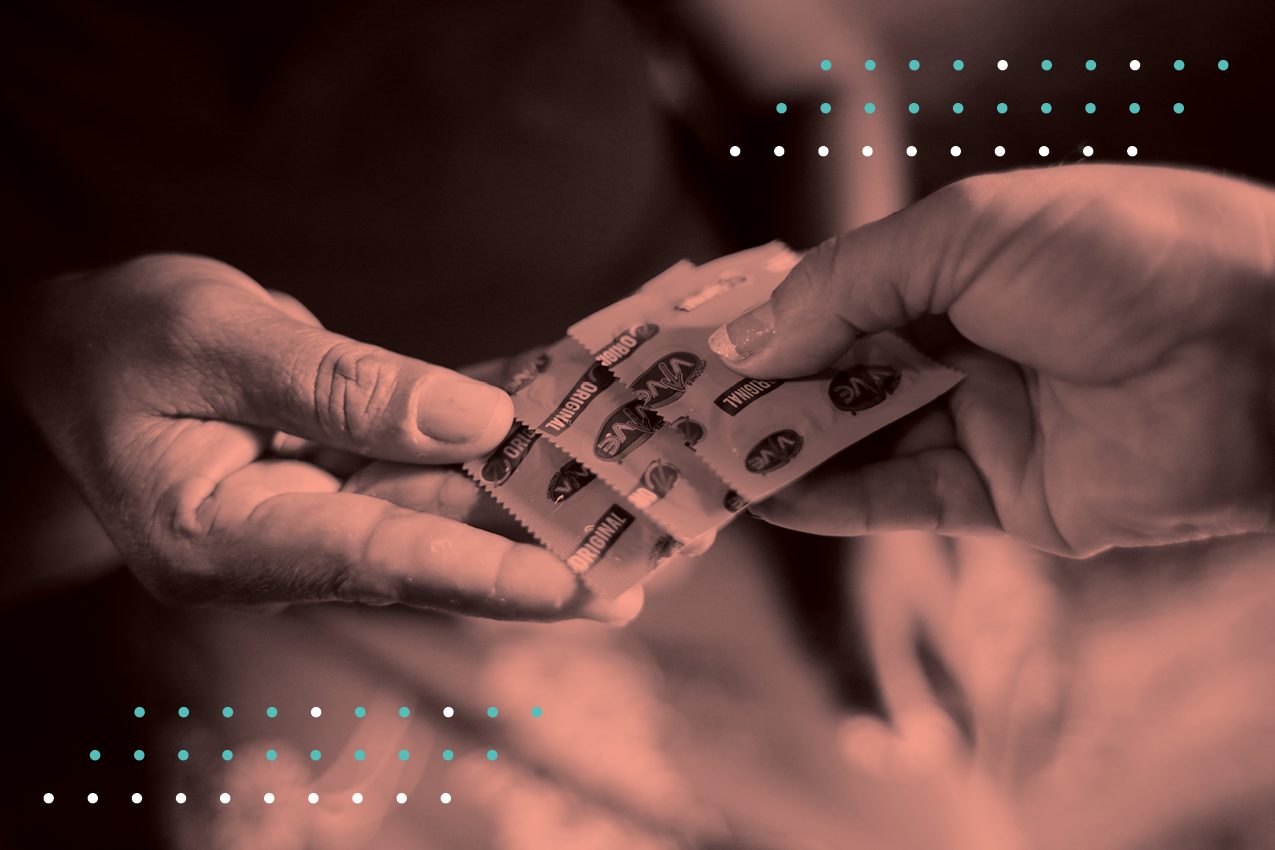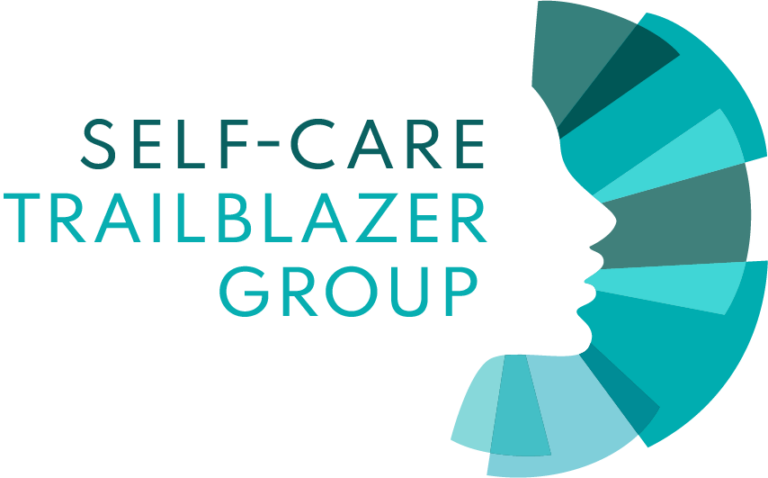National Networks
NATIONAL Self-Care
networks
NSNs pursue specific policy and advocacy priorities and, in collaboration
with the global SCTG, develop learning mechanisms around the extent to which national self-care guidelines promote scale-up of quality, affordable self-care for those in need.
NSNs prioritize community sensitization on self-care and social
accountability mechanisms to ensure that top-down policy and guidelines
changes take root at the individual and community level.
NSNs also engage grassroots networks and communities in mobilizing
demand and social accountability for self-care policies and programs
in these countries.

SELF-CARE EXPERT GROUP
UGANDA
OUR
PRESENCE
Across SCTG focus countries, our National Self-Care Networks (NSN) lead a consultative process
to define a coordinated advocacy strategy for self-care, which includes, but is not limited to:
- Development of consolidated national self-care guidelines or integrating principles and practices of self-care into existing policies/guidelines.
- Engage target policymakers and influencers in supporting self-care and instituting self-care policies and financing at national and subnational levels.
- Increasing demand and accountability for self-care among target communities and constituencies, particularly engagement with broader advocacy opportunities for family planning, sexual and reproductive health and rights, and bodily autonomy.
About
CEHURD

WRA Nigeria is advocating for the Government of Nigeria to strengthen accountability processes at all levels of the maternal, newborn, and child health system to incorporate citizen’s self-articulated needs in all decisions and actions concerning their health to inform and improve the quality of services provided.
Key
Achievements
LATEST
Resources
Dive into these resources to learn more about our work leading up to icfp 2022
2025 State of Self-Care Report
Resource Type:
- Annual Reports, Case Studies
Language:
Costing and Financing Technical Brief
Resource Type:
- Technical Briefs and Reports
Language:
- English
Costing and Financing Conceptual Framework
Resource Type:
- Technical Briefs and Reports
Language:
- English
LATEST
Stories
Read our latest blog posts and news
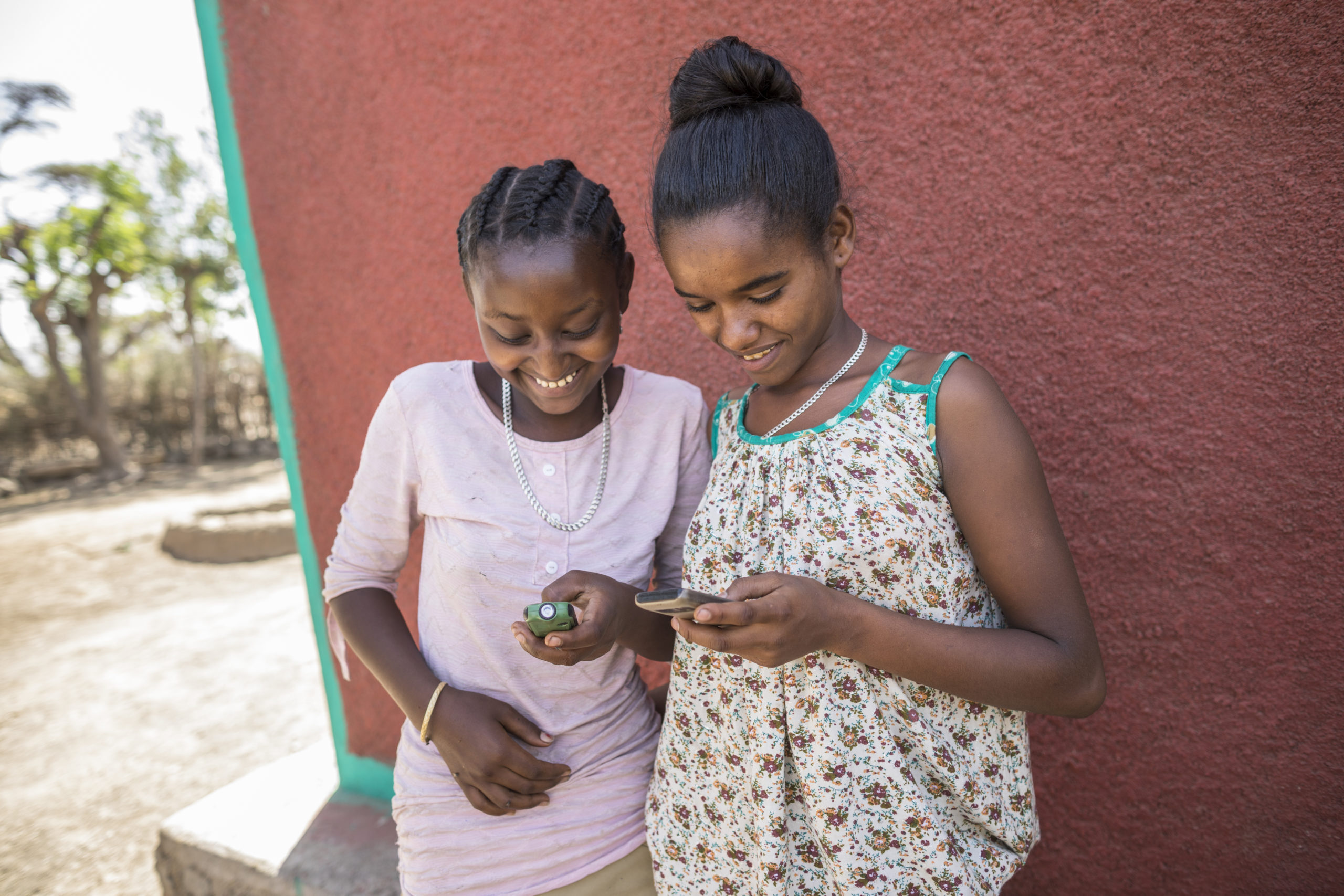
Self-Care, Gender & Youth Webinar Summary

Self-Care: A Missing Link in Tackling NCDs and Mental Health
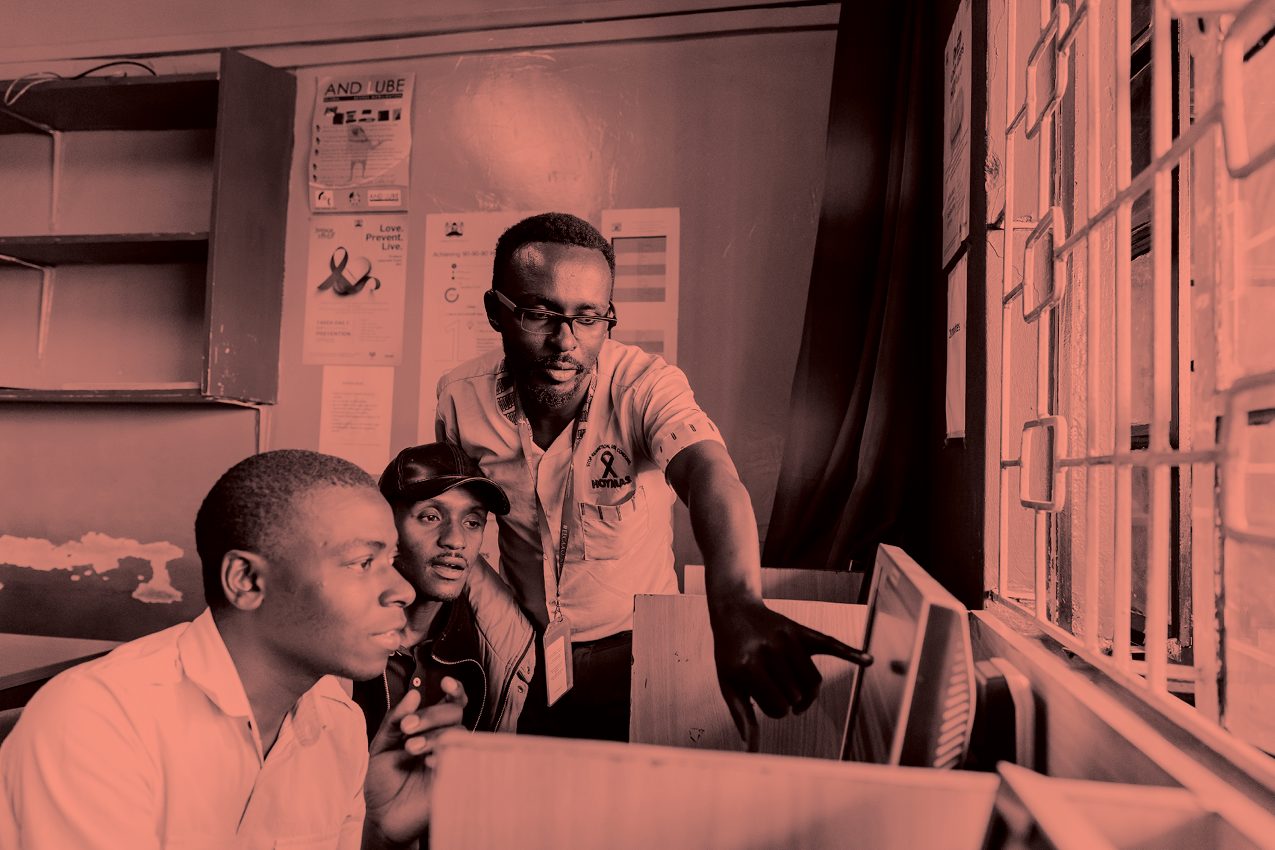
Power in Our Hands: NGO Perspectives from the 2025 SCTG Annual Member Summit
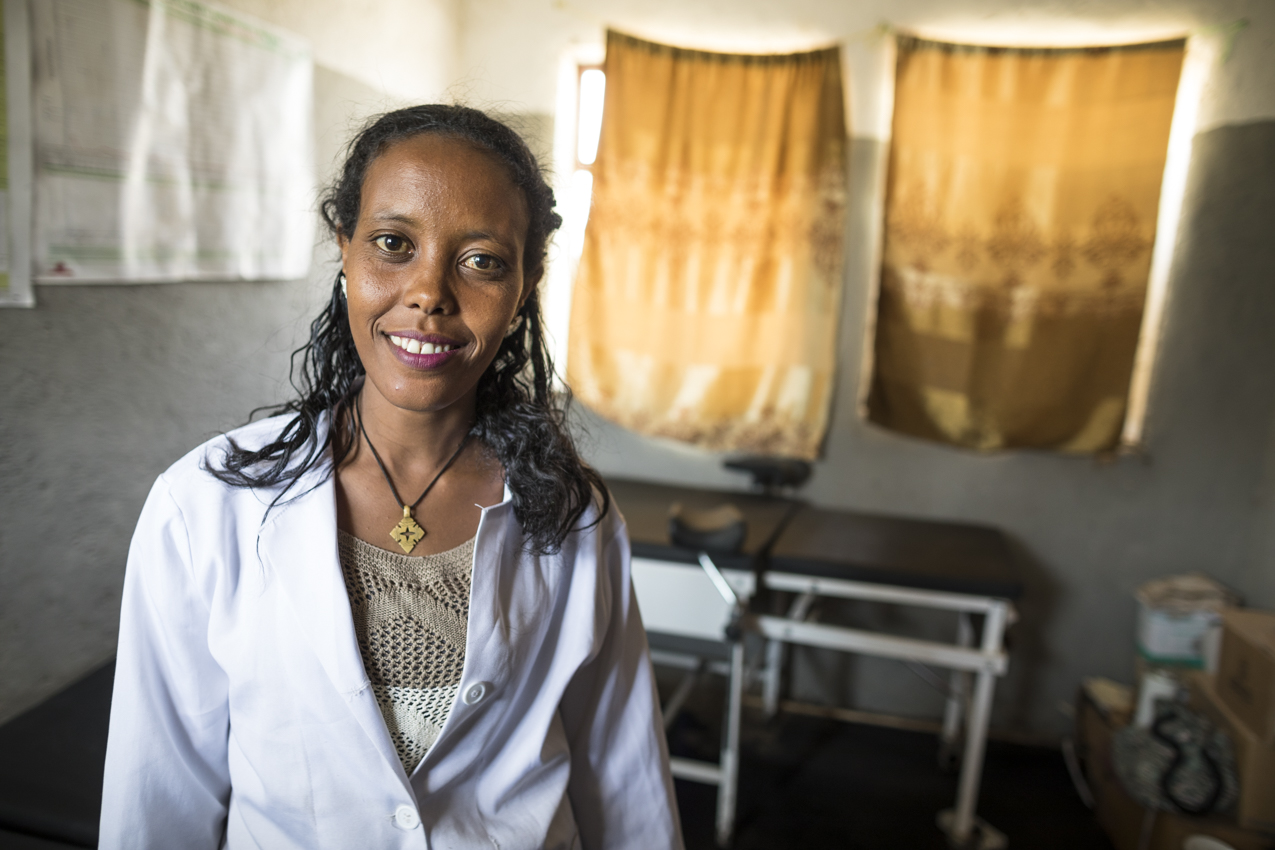
Power in Our Hands: Government Perspectives from the 2025 SCTG Annual Member Summit
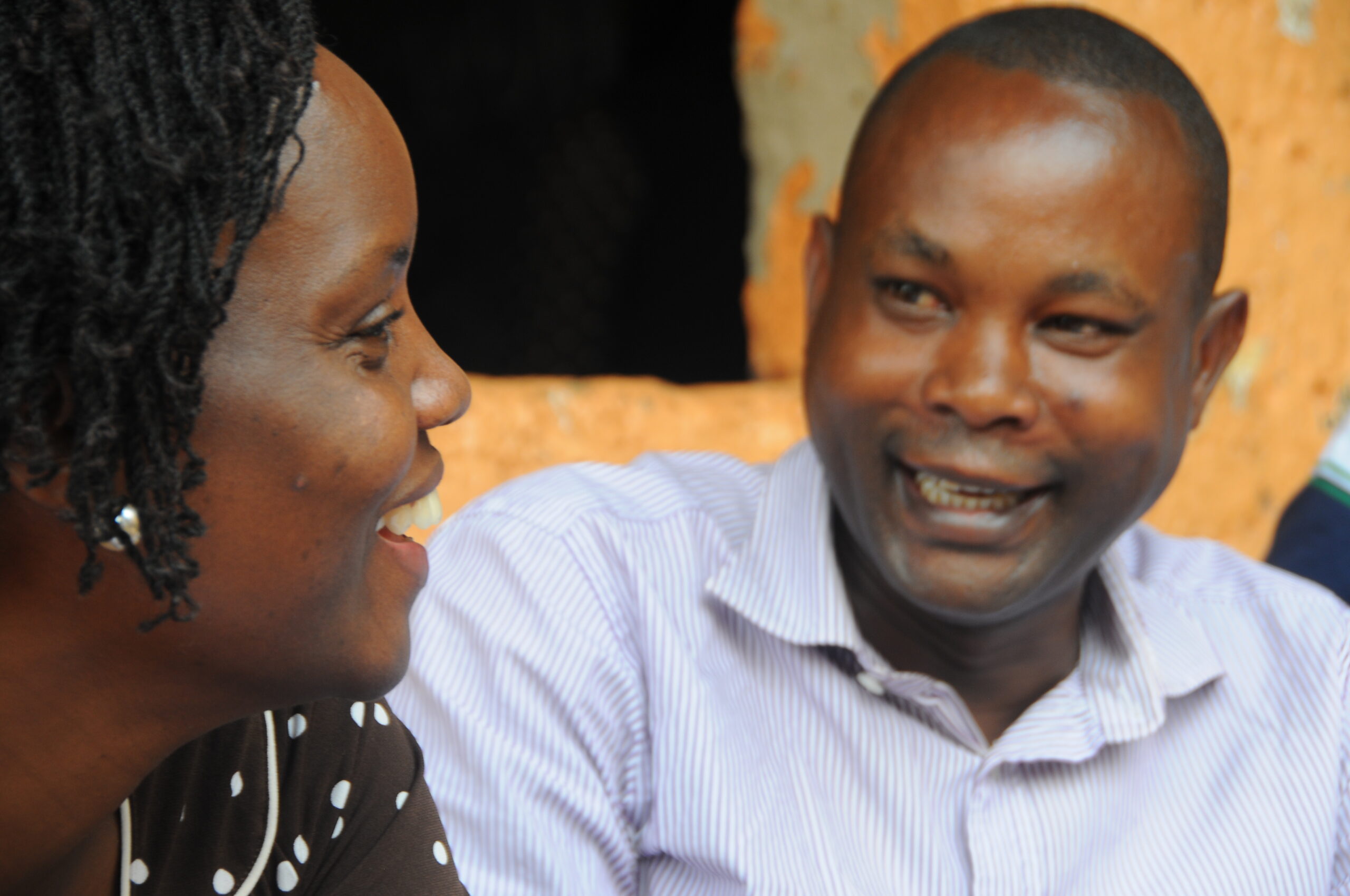
Power in Our Hands: Recapping Global Perspectives from the 2025 SCTG Annual Member Summit
